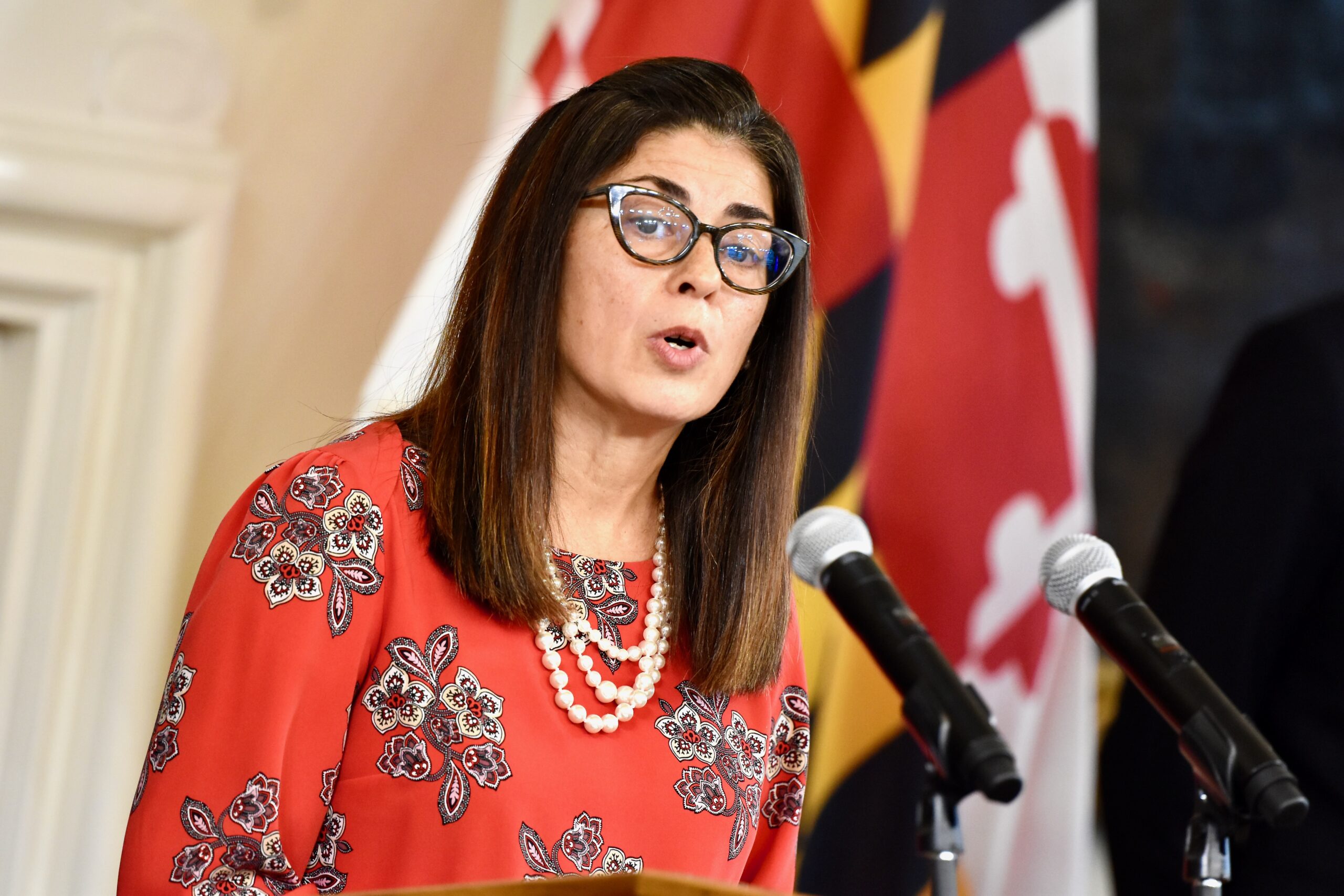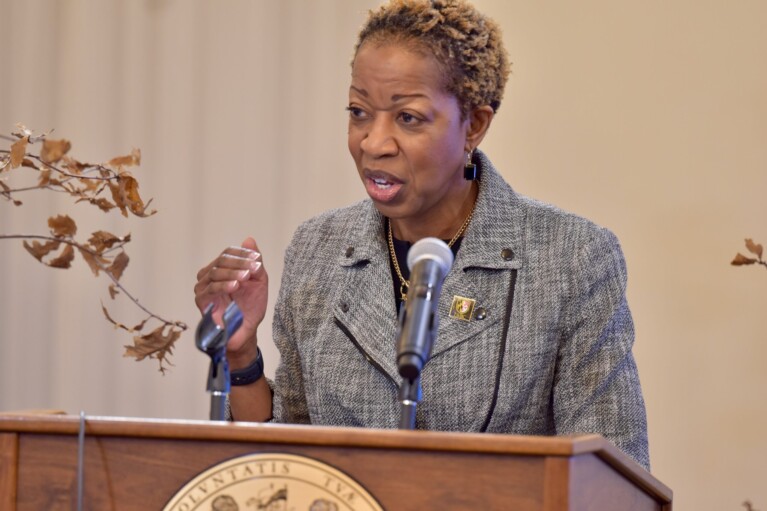Montgomery County Delegation Backs Ranked-Choice Voting Bill
Another ranked-choice voting bill will be under consideration in the Maryland General Assembly ― this one with the unanimous support of the Montgomery County House delegation.
All 24 of the county’s members of the House of Delegates voted in favor of a bill on Friday that would allow the Montgomery County Council to adopt a ranked-choice voting or approval voting method for local elections.
The bill, House Bill 624, is one of two pending in the General Assembly that could change how local elections work. Baltimore City Del. Brooke E. Lierman (D) is sponsoring legislation, House Bill 26, to allow ranked-choice voting and open primaries in the city.
In ranked-choice systems, voters rank candidates in their order of preference. Ballots are first counted for voters’ first choices. If one candidate receives an outright majority, he or she wins. If there is not an outright winner, subsequent rounds of tabulation knock out the lowest-ranked candidate, redistributing those voters’ next-ranked choices until someone wins a majority.
In approval voting methods, voters endorse each candidate they agree with, and the most voted-for candidate prevails.
Lierman and Del. Eric G. Luedtke (D), who brought the bill to the Montgomery County delegation, say ranked-choice voting systems open electoral access to third-party candidates without creating a spoiler effect and deters negative campaigning because candidates aim to attract support from broader swaths of the electorate to garner second- and third-choice support as well.
Lierman’s bill would also create open primaries for certain locally elected positions in the City of Baltimore, which attracted the bulk of the opposition against her bill. In a so-called “jungle primary,” the top vote-getters move forward to a general election regardless of their party affiliation. The Maryland Republican Party strongly opposed Lierman’s bill at a January hearing before the House Ways and Means Committee, saying the combined effect would be that no Republicans would likely appear on a general election ballot in the city or other counties in the state with electorates that heavily favor Democrats.
But Luedtke, a member of the committee, pushed back: If Republican voters in the city can rank all candidates, they could pick Republicans first and then also cast ballots in favor of Democratic or other party candidates that more closely align with their belief systems.
Lierman noted that the city’s elections now are often settled by a small number of primary voters. In 2016, primary winners who then faced little or no challenge in the general election attracted support as low as 27 percent of the electorate.
The Baltimore City delegation has held a hearing on Lierman’s bill, but has not yet voted on whether to throw the delegation’s backing to the measure. Lierman said she’s not sure if the votes are there.
The House Ways and Means Committee also has not yet voted on her measure.
The Montgomery County bill is headed to that committee on Feb. 19.
Four members of the committee, including Chairwoman Del. Anne R. Kaiser (D), voted in favor of moving the Luedtke bill as a county delegation bill.
Both ranked-choice voting bills leave the ultimate decision on whether to create a system and how it should look up to the local city and county councils. While the exact costs can’t be known, the estimated price tag for Lierman’s bill is $1.3 million for the costs of ranked-choice voting and $1 million for open primaries, according to legislative analysts. The Montgomery County delegation supported a ranked-choice bill last year, which came with a fiscal note of $912,600.
In Maryland, the City of Takoma Park has used ranked choice voting in municipal elections since 2007. Other cities that use ranked choice voting include Cambridge, Mass.; Minneapolis and St. Paul, Minn.; and San Francisco.




 Creative Commons Attribution
Creative Commons Attribution